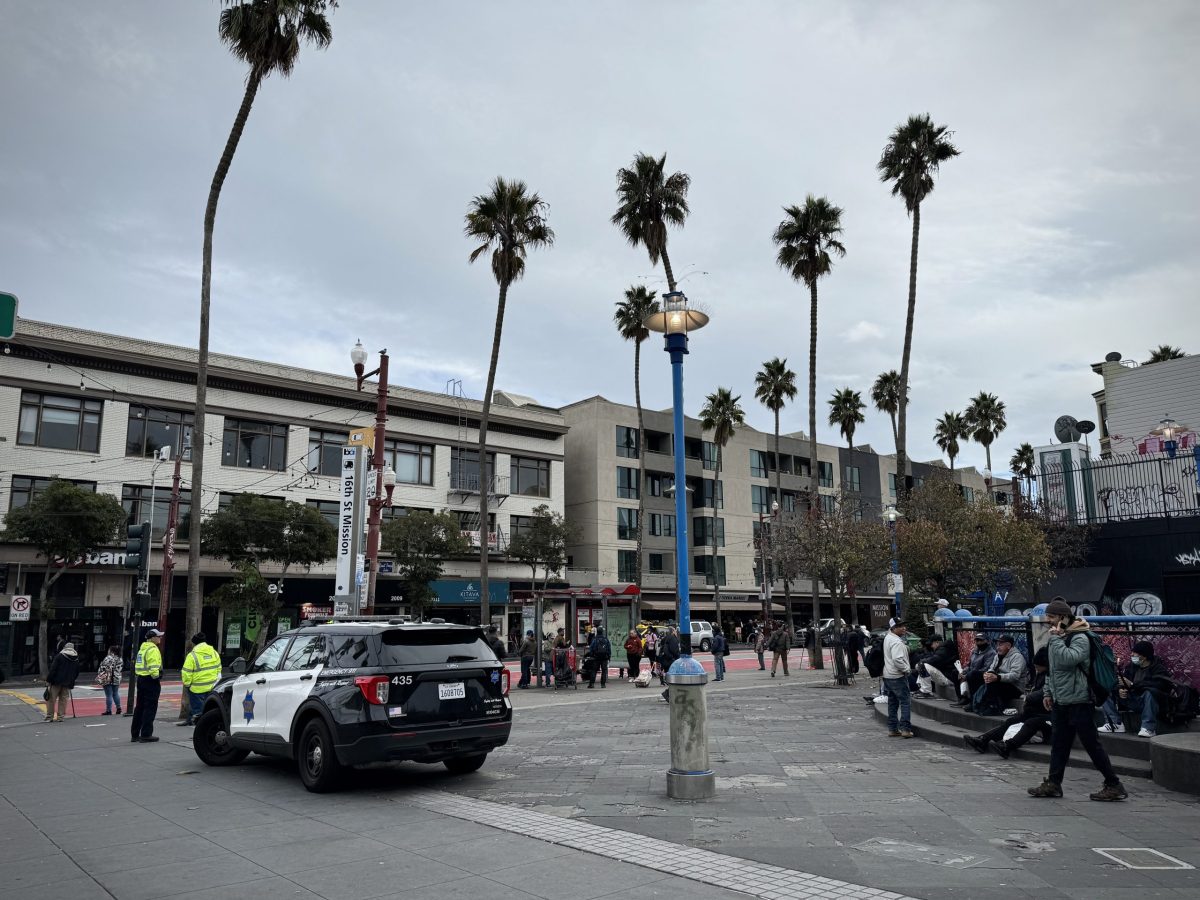[ad_1]
The city of San Francisco has lost over 60,000 residents since the onset of the Covid-19 pandemic according to the census (3,660 in 2020; 55,136 in 2021; 4,605 in 2022). There’s been a bit of a resurgence since then; 2023 shows a net gain of a whole 276 people. But still, that’s a lot of missing persons in a city of a little over 800,000. Why is it that rent payments, while still lower than the recent peak in 2019, are still so high? Is there someone we can blame?
On Tuesday afternoon, the San Francisco Board of Supervisors moved one step closer to answering that question, by passing an ordinance authored by Supervisor Aaron Peskin banning the sale or use of any algorithmic device that sets, or even recommends, rents or vacancy levels for residential properties in San Francisco.
If it’s signed by Mayor London Breed, which seems likely, San Francisco will be the first city in the country with legislation of this kind.
It’s possible that the case of San Francisco’s surprisingly resilient post-pandemic rental prices is due to other factors. But RealPage, a Texas-based software company that Peskin’s office estimates is used by as much as 70 percent of the rental housing in San Francisco, is probably not helping. According to its own marketing materials, the company collects confidential property data from different landlords — the kind of data that landlords would otherwise work hard to hide from each other in a competitive marketplace, and uses this data to keep rents high by any means necessary, including: Setting price floors, keeping units vacant and timing the length of property leases so large numbers of units don’t come up for rent in the same geographical area at the same time.
In the past, this kind of behavior has been viewed as illegal price-fixing under the Sherman Act. Odds are high that at least some of it is illegal now. That’s what the Department of Justice contends, at least.
On Aug. 23, 22 days after Peskin introduced his legislation, the DOJ issued a complaint against RealPage, describing it as having “built a business out of frustrating the natural forces of competition.” The complaint goes on to describe a company so determined to keep rents high that it has a policy of reporting individual property managers who refuse to accept its recommendations to their superiors. The feds also found that the company works aggressively to keep rents from falling even when the market is obviously shifting, to the point where one client complained that it kept pressuring him to raise prices even as his building emptied out.
“It’s really important that so many lawmakers are taking a closer look at this,” said Lee Hepner, senior legal counsel for the American Economic Liberties Project and a former Peskin legislative aide. Hepner first became aware of RealPage after ProPublica published an article about the company in 2022, and began working on a memo with a progressive local policy group called Local Progress, on ways that municipal and state governments could begin taking action on their own.
The San Francisco ban is based partly on the federal Preventing the Algorithmic Facilitation of Rental Housing Cartels Act from Sen. Ron Wyden (D-Ore.) (introduced in January, still in committee), which would outlaw the use of algorithmic price-setting software in the rental housing market nationwide. It was also partly based on state legislation that was drafted in Colorado, but didn’t pass.
Since he and his colleagues wrote the ordinance early this summer, says Hepner, representatives of other cities have already approached them about using it themselves. “This legislation is only effective to the extent that lawmakers understand the behavior that RealPage is engaged in. That can be tricky with emerging technology — there’s an asymmetry of information between a company and what the public is aware of.”
That said, RealPage (and any competitors past, present, and future) aren’t specifically banned in San Francisco. Neither is the act of setting rents at wildly imaginative levels, keeping residential property vacant (though there is a tax on that), or even writing software to help you do either of the above. Primarily it’s the collusion — the use of shared data to set prices and artificially constrict supply and demand — that is illegal, said Hepner.
Enforcement could be tricky. Under the new legislation, the city can sue RealPage — and property owners that use it — if they suspect them of continuing to fix prices, and tenants can sue landlords on the same grounds. A lot will depend on the information that future lawsuits reveal about how RealPage is operating in the city.
San Francisco’s ability to push the envelope with this kind of legislation has a lot to do with a city attorney’s office that is willing to risk the city getting sued. In a conversation on July 29, while campaigning in the Mission the night before the RealPage legislation was introduced, Peskin described taking the idea to City Attorney David Chiu. Novel concept, Peskin recalls Chiu telling him — but why not?
At the time, it seemed like perhaps RealPage’s response to the legislation would mirror what Airbnb did when the city passed legislation in 2015 that fined it $1,000 per day for every unregistered host using the platform. “They sued us,” Peskin reminisced. “They said that we’re violating the United States Communications Decency Act, which basically says you can do whatever you want on the internet.”
RealPage can still try. But last week, the Third Circuit of the United States Court of Appeals unexpectedly ruled that the Communications Decency Act — specifically, Section 230, the part used as a shield against liability by tech companies since 1996 — is toast.
It’s a decision with big implications for every local government that has found itself blindsided by evolving technology. “I think RealPage’s, days of fixing rents are numbered,” said Hepner. “That’s a profoundly positive development for tenants — not just in San Francisco, but across the country.”
[ad_2]
Source: missionlocal.org






